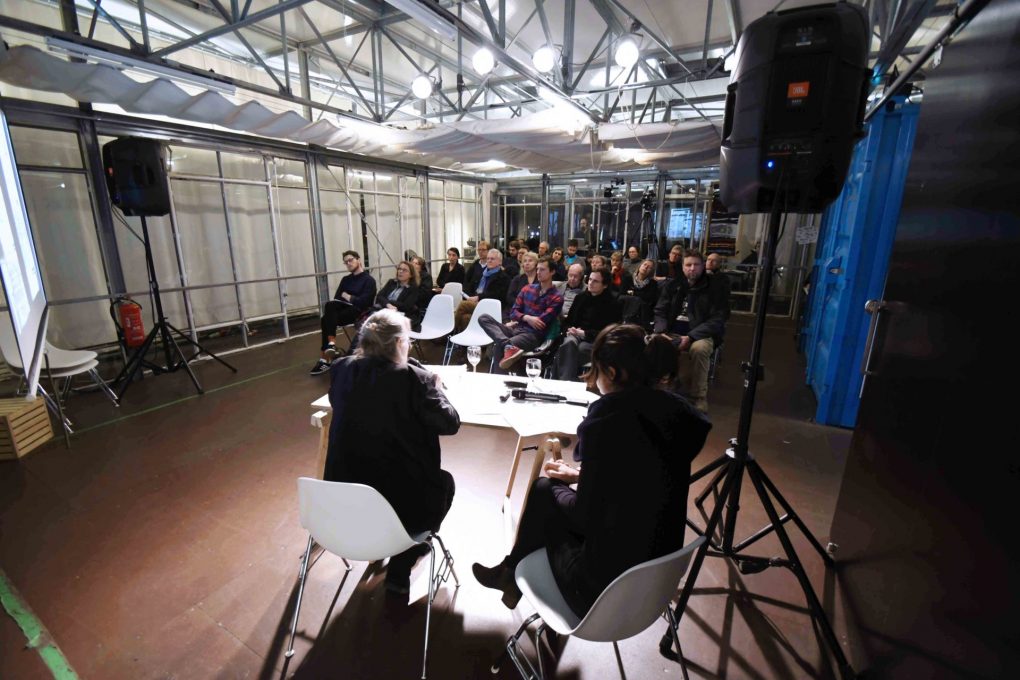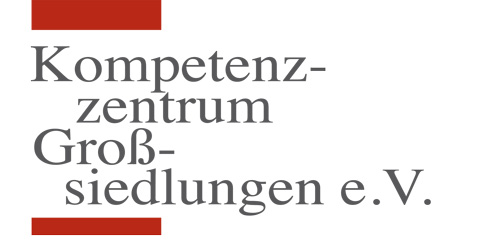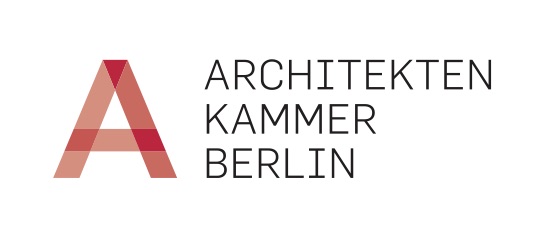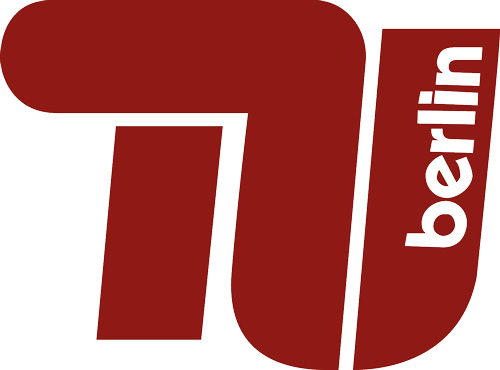The Quality of Cities – DQDS 2017

Focus 2017
The Performativity of the City – Emancipation and Integration in the Urban Society
Discussion series by zukunftsgeraeusche GbR in cooperation with Berlin Chamber of Architects and Bauhaus-Archiv/Museum für Gestaltung as well as Center of Competence for Major Housing Estates. In cooperation with TU Berlin – Institute for Sociology. With kind support of the Federal Agency for Citizenship Education (bpb).
Five events, October to December 2017, in the bauhaus reuse c/o Bauhaus-Archiv Berlin.
With the focus on “The Performativity of the City – Emancipation and Integration in the Urban Society”, the discussion series “The Quality of Cities” (DQDS), in autumn 2017, dealt with the genesis of modern societies and urban development. The interplay between emancipation and integration is fundamental for every facet and every member of social and urban cohabitation. Especially due to the current debate on international migration the term of integration was in the event’s focus, synonymously with the focus on the cultural or religious foreignness. The series therefore deliberately took a holistic approach to the entire range of integration and emancipation processes – as well as the tasks and potentials – of modern (urban)societies. It was presumed that these take place between, for example, social functional areas, between the rich and the poor, between conservative and progressive, secular and ecclesiastical, urban and rural, between essentially woman and man or simply between individual, community and society. The therefore arising conflicts and interludes are reflected not least in the principle of performativity, i.e. in the possibility of the societal self-constitution of every human being, as well as spatially, as a manifestation, in the built environment.
The series was looking back on urbanization in the age of industrialization and the development of modern urban human, to the beginnings of urban sociology, at least to Georg Simmel’s “The Metropolis and Mental Life”. Starting from a more than 100-year-old and ongoing discourse on the development of the urban society and societies, the series has been a source of information, reflecting the narrative of the well-known and the innovative towards a contemporary, performative view of society, and the built environment of the city.
At five evening events guests from the perspective of science, urban politics, planning, literature and civil society discussed the topics and answered questions from the audience. The events were broadcasted in a livestream online.
The venue for the discussion series was the bauhaus reuse, which was built with recycled facade elements from the large reconstruction of the Dessau Bauhaus of 1976, which were made available by the Bauhaus Dessau Foundation. No comparable educational institution like the Bauhaus stood for the integrative idea of modern society. The bauhaus reuse project follows this approach in a performative way and opens up a contemporary space of cooperation and discourse. An inspiring constellation that creates a special place for discussion.
The bauhaus reuse was realized by zukunftsgeraeusche GbR, in cooperation with the Bauhaus-Archiv/Museum für Gestaltung and with the support of the IKEA Foundation, on the site of the museum in Berlin as an educational-construction-site (Bildungsbauhütte). The bauhaus reuse takes up the architectural heritage of the Bauhaus in an experimental, material as well as meaningful manner. As a project of education it creates a haptic medium of content, which invites us to deal with the heritage of the Bauhaus and Modernism in the context of the contemporary in a reflexiv and forward-looking way.
Since 2015, the DQDS series has taken this as the basis for the complex question of the quality of cities and architecture as a built habitat.












